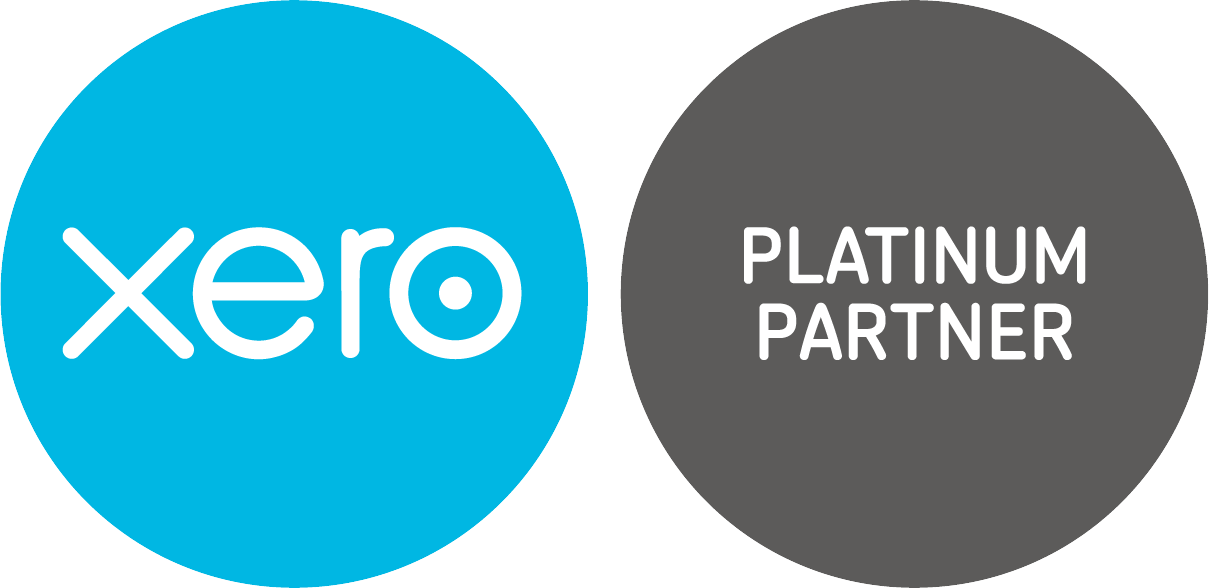Tax Checklist - 11 Essentials to your Tax Return
Tax Time! That's right it's that time of year again – when everyone books in their annual trip to the accountant to get tax returns done!
For some this also means booking their next holiday or buying the latest tech gadget with their refunds – but before the daydreaming starts, you need to see us.
We get asked time and time again what you need to bring to us to do your tax. While most are pretty savvy when it comes to keeping track of their deductions, depending on your situation there may be other information we will require – so we thought we would compile a checklist for you to make sure you have everything ready to go!
Income
1. PAYG Summary
Your employer is required to give you a payment summary each year by the 14 th of July. Depending on how many jobs you have had during the financial year you may have more than one employer, make sure you have a copy of all your PAYG Summaries, if you haven't received yours yet – check with your employer.
What to bring – A Copy of your PAYG Summaries from each employer
2. Bank Interest
If you hold money in a savings or investment bank account, there is a good chance it has been earning interest! Interest earned is taxable income and needs to be included in your tax return!
What to bring – A print out of Interest Earned for 2015/16 – you can usually get this straight out of your internet banking.
3. Shares
The dividends you received from shares are also taxable income – if you hold shares you need to include these dividends in your tax return. If you have bought or sold shares throughout the year there may also be Capital Gains or Losses to be included.
What to bring – Copies of your dividend statements for 2015/16. If you don't have these, but have your SRN Number, we can look them up for you. If you have multiple shares in a share investing account you may be able to print out a summary.
4. Managed Funds/Trust
Units in Managed Funds and Trusts produce taxable income – which needs to be included in your tax return.
What to bring – The Managed Fund or Trust will issue a Tax Statement this year, it is usually sent out by the end of August. Bring this with you so we can allocate the income correctly.
5. Government Allowances, Payments and Pensions
Some government payments are taxable, for example, Youth Allowance or Newstart Allowance, while other may not be taxable.
What to bring – Centrelink will issue you a Payment Summary for all taxable allowances, payments and pensions you have received.
Deductions
6. Motor Vehicle Expenses
While in most circumstances you cannot claim travel to and from work, other travel for work purposes may be claimed.
What to bring – Log/estimate all travel you have done for work during 15/16, we can then work out what will be your best motor vehicle claim
7. Work Related Expenses
This is a fairly broad area, which can be different for every occupation and employee. A good rule of thumb is if you have an expense which is related to your employment, keep track of it either via receipts, journals or bank statements - we can help you work out whether or not it is deductible.
What to bring - All the expenses for 2015/16 that relate to your employment and we can work with you from there.
8. Self Education
If you have partaken in any form of study which is directly related to you current employment (i.e RSA Refresher Course for a bartender) or is likely to result in an increase in income from your current employment (i.e Trade School expenses for an apprentice) you may be able to claim a deduction for some or all of those expenses.
What to bring – A record of all your self education expenses for 2015/16
9. Gifts/Donations
A donation over $2 to any registered organisation is a tax deduction.
What to bring – A copy of receipts and records of all the donations you have made during 2015/16
Other
10. Rental Properties
If you have a rental property that has made a profit for the year (positively geared) it will increase your taxable income, if your rental property has made a loss (negatively geared) it will decrease your taxable income.
What to bring – Copies of all income and expenses related to the properties, including the agent's rental summary and interest on loans.
11. Private Health Insurance
Depending on the Type of Cover and your income, Private Health Insurance can affect whether you need to pay the Medicare Levy Surcharge and if you are eligible for the Private Health Rebate. You insurer will provide you with an annual statement which is included in your tax return.
What to bring – A copy of your Private Health Tax Statement for 2016
While this list may seem pretty long it is only a guide - depending on your situation there may be other requirements, which our friendly accountants can help you with.
The easiest way to tackle your tax is to book in with us on 5032 9422. If you pay on the day of your 2016 tax appointment, you will go in the draw to win a $500 cash prize - what a bonus!






